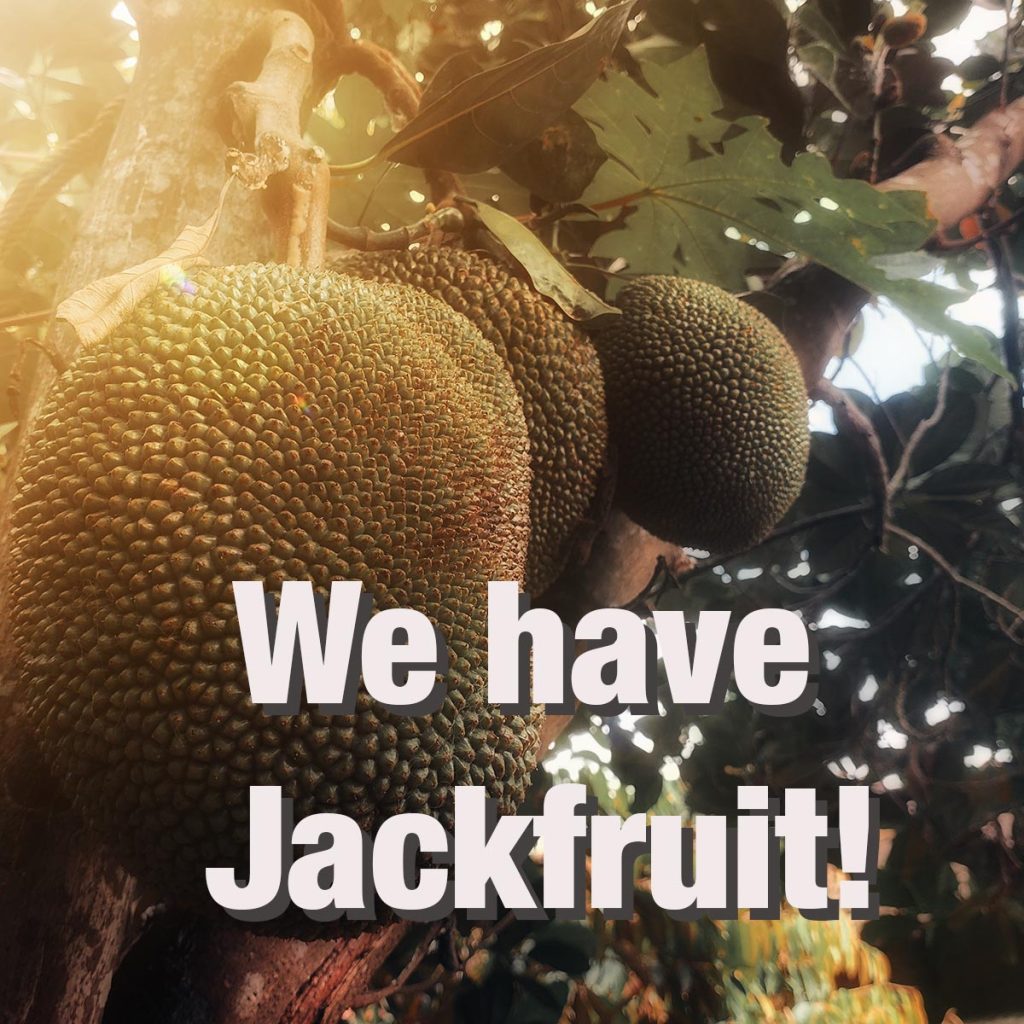News About Citrus Greening Remains Grim
From time to time in this space, we report on the course of citrus greening in Florida. Citrus greening is a bacterial disease spread primarily by an insect known as a psyllid, and its presence in the state has been documented since 2005. The disease has had a devastating effect on commercial production here.
Unfortunately, the news continues to be discouraging. On March 9 U.S. Department of Agriculture forecasters predicted that orange production for the 2016-17 season would yield 67 million boxes. (A box weighs 90 lbs.) That figure represents not only a significant drop from the January forecast of 71 million boxes, but a drastic decline from the record of 244 million boxes in 1997-98.
In recent years federal and state funds have been spent in the effort to eradicate, or at least control, citrus greening, but nothing that is both effective and economically feasible has been found so far.
One of the startling by-products of citrus greening is the abandonment of citrus groves. Farmers have walked away from an estimated 125,000 acres of citrus trees killed or rendered unproductive by citrus greening. The problem with that development is that the abandoned orchards function as grounds for the psyllids to breed and spread into healthy groves.
In each of the last couple of years, the federal government allocated $1 million to cut and burn abandoned trees, but the program has now expired. In its place, the State of Florida has just appropriated $4 million to dig up and burn abandoned citrus trees. The head of the project says that her goal is to burn trees on nearly 18,000 acres before the end of June. That, of course, will still leave more than 85% of the abandoned trees in place.
Because of the lack of a breakthrough in the treatment of citrus greening, Richard Lyons’ Nursery continues to recommend against purchasing citrus trees.
